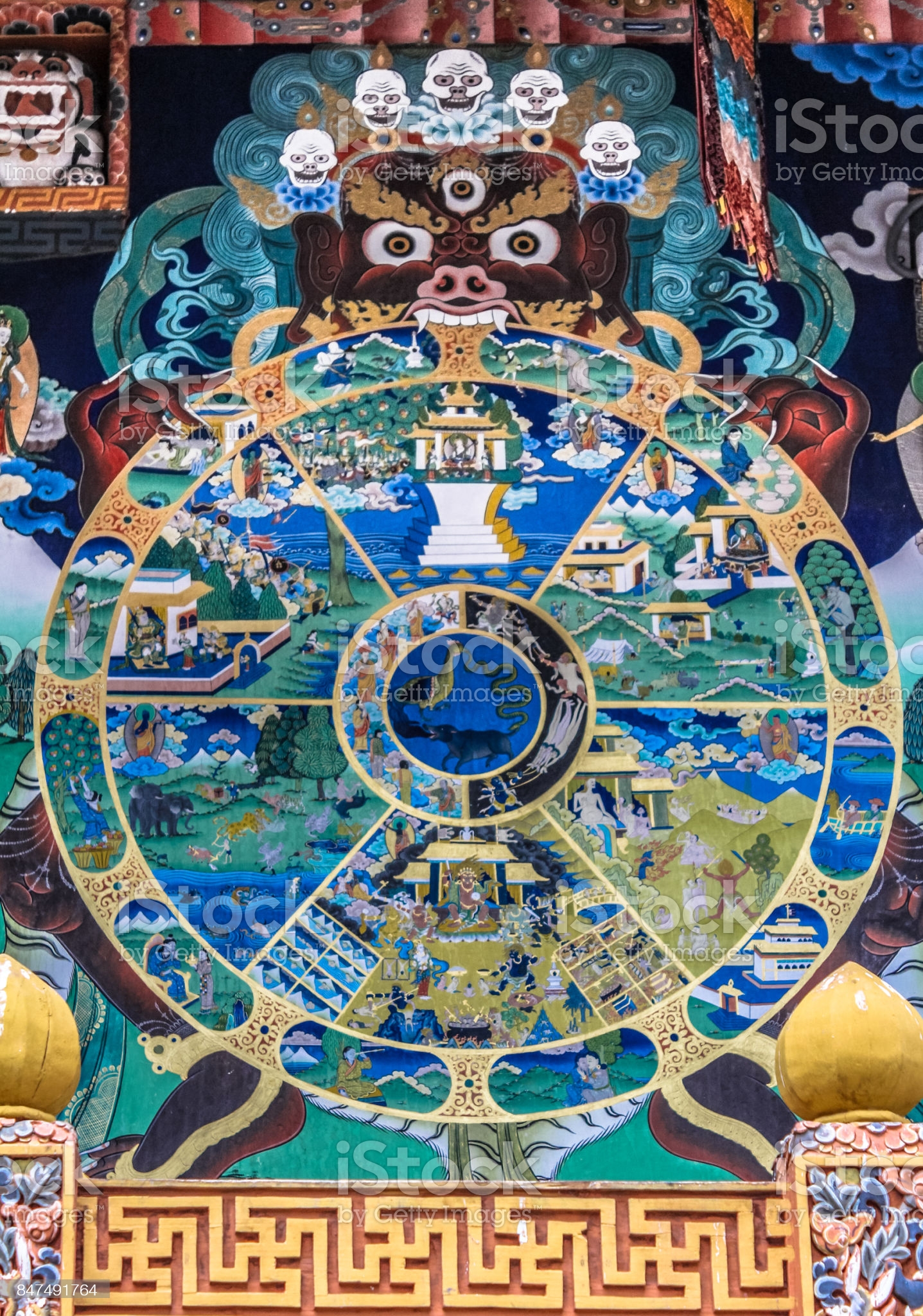What does the word “renounce” mean? First, to renounce is to forsake all worldly concerns. In other words, to renounce is not to have any attachment to worldly things and, at the same time, to be fully aware of the suffering nature of samsara. Second, one must endeavor to seek liberation from all suffering.
To lead a “renounced” life as a monastic monk or nun connotes the same meaning as one must leave home behind to pursue ultimate liberation. Home, in this sense, represents the secular world. It is not enough a clear evidence that one has renounced all worldly attachment by just walking out of one’s home and putting on a monastic robe; one must also have developed a genuine sense of revulsion toward samsara.
For laypeople, cultivating renunciation also means not to be covetous of worldly things. Non-Buddhists cultivate renunciation as well. Many non-Buddhist monks or clergies do not wish to remain in samsara. They too seek liberation. However, lacking the right view, theirs are not considered true renunciation. What then is the right view?
It is a conviction of suffering being the nature of samsara to such a degree that one no longer harbors any desire for samsara and wholeheartedly seeks liberation from it. At the same time, one must also cultivate the transcendent wisdom that is implicit in the ultimate liberation. To seek liberation blindly without grasping the inherent wisdom will not bring forth a complete renunciation. The Four Noble Truths of the Theravada tradition is a part of this wisdom. And complete renunciation entails mastery of the Four Noble Truths.
~Depicted from THE RIGHT VIEW - The Three Differences
